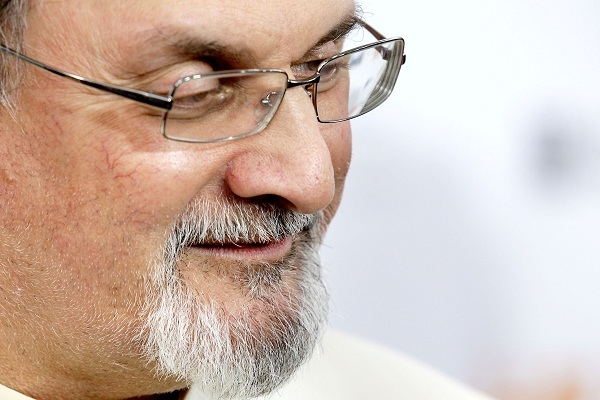Until the launch party for Salman Rushdie’s autobiography, the best story I’d heard about the forced marriage of literary London and the Special Branch came from the night of the 1992 general election. Melvyn Bragg was hosting a party to watch the results. The guests were overwhelmingly left-leaning writers and intellectuals, and had gathered to celebrate an apparently certain Labour victory that would end 13 years of Tory rule. Yet as the evening wore on, nothing went according to plan. Neil Kinnock’s Labour was winning a few seats, but John Major’s Tories were doing far better than the polls predicted. The chatter subsided. Apprehension replaced expectation. Finally, the BBC announced that the returning officer at Basildon was ready to announce the result for the Essex seat. Basildon was the marginal that Labour had to win if it was to form the next government.
Labour lost.
The despairing thought that they must suffer five more years of Conservative government overwhelmed the company. Everyone fell silent. Everyone, that is, apart from muffled voices from far away in the house, who were cheering and hollering. Who could be so tactless as to break the funereal mood? Who could welcome the triumph of the detested Tories?
It was Rushdie’s Special Branch bodyguards watching the election in the servants’ quarters.
Serving and ex-Special Branch officers were at the launch of Joseph Anton on Friday night, and I learned a little more about their secret life. Rushdie told how British officers were faintly contemptuous of their counterparts in the American secret service. The flashy Yanks would try to deter assassins by deploying overwhelming numbers. The Brits preferred subtlety and subterfuge. Special Branch officers told Rushdie that they were proud to say that a couple of their guys could smuggle the Queen down Oxford Street in a battered Ford Cortina and the shoppers would never notice. Despite reports to the contrary from malicious journalists who have always hated him, it was clear that a strong bond formed between the hunted man and his protectors. And not only between them. As they moved Rushdie from house to house, bodyguards got lucky and got laid, as literary ladies took them to their beds. Who can blame them for wanting to offer what support they could? These were brave men, who by keeping Rushdie alive were risking their safety for a noble cause.
You only have to turn on the news to see how important that cause remains. Watching the ease with which obscurantist demagogues manipulate credulous mobs, it is easy to despair. Rushdie’s launch provided a small moment of optimism, which I think everyone who was there felt. The fatwas and the murders, the book burnings and the bombings did not stop The Satanic Verses. Salman Rushdie is still alive. Meanwhile, and to be blunt about, the Ayatollah Khomeini is not.







Comments